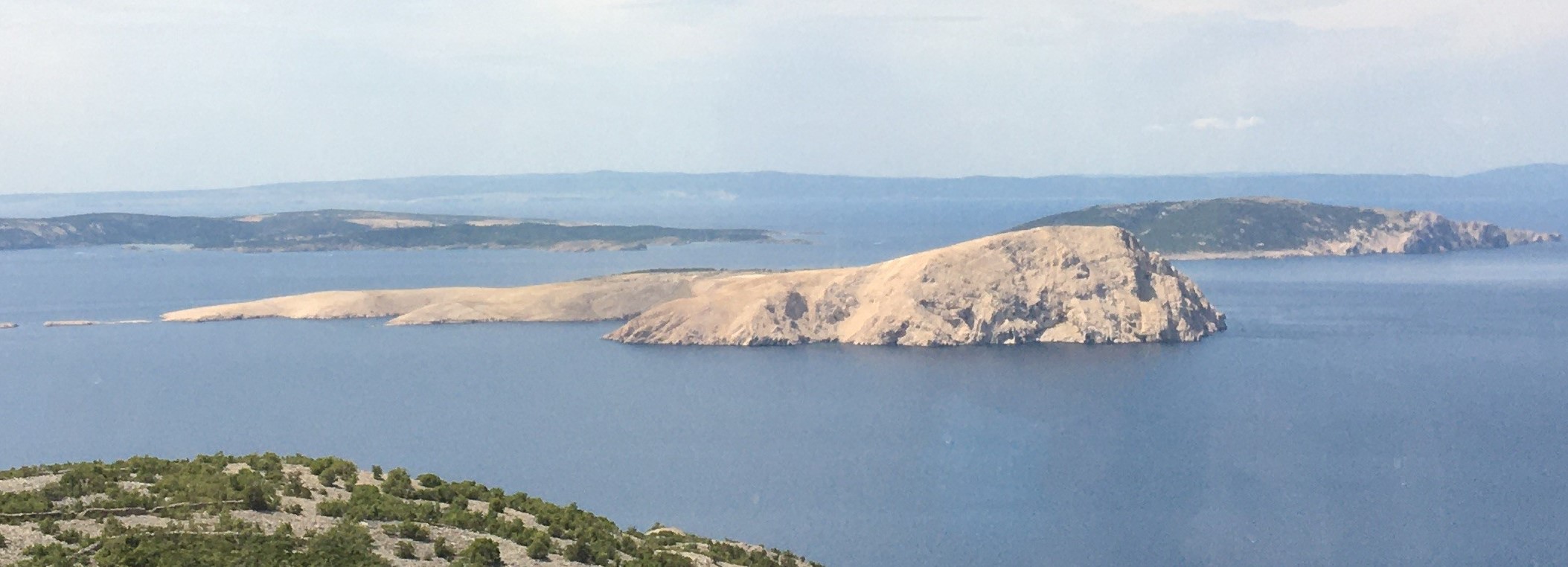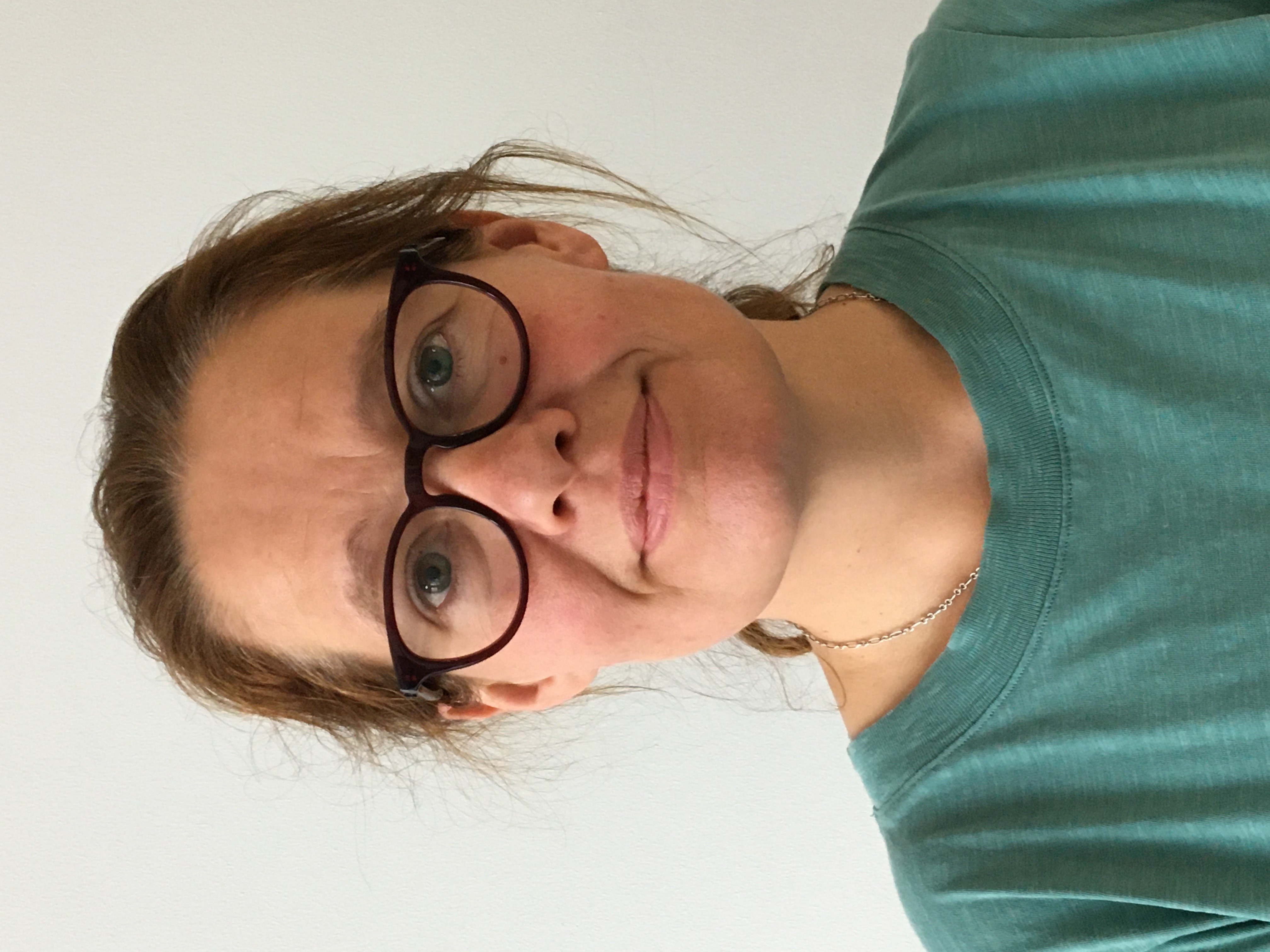 Vilnius University Faculty of Communication invites to the online seminar The communist prison camp Goli Otok as site of memory, legacy of dissent and dark tourism destination. The talk will be led by Tea Sindbæk Andersen – Associate Professor of East European Studies at the Department of Cross-cultural and Regional Studies, University of Copenhagen. Seminal will take place online on 29th September, 4 PM Vilnius time (3PM CET).
Vilnius University Faculty of Communication invites to the online seminar The communist prison camp Goli Otok as site of memory, legacy of dissent and dark tourism destination. The talk will be led by Tea Sindbæk Andersen – Associate Professor of East European Studies at the Department of Cross-cultural and Regional Studies, University of Copenhagen. Seminal will take place online on 29th September, 4 PM Vilnius time (3PM CET).
The labour camp on Goli Otok (the “Naked Island”) in the Croatian Adriatic Sea has an infamous history as cruel political prisons for real and suspected political opponents during the Stalinist period of Yugoslavia. The camp was later turned into a prison for ‘ordinary’ criminals as well as for politically problematic individuals, and the levels of harassment and torture were lowered. Yet, the island camp remains a core icon of political repression and state-organized violence. It has been vividly described in fictional since the early 1980s, and like Solsjenitsyn’s Gulag writings in the USSR, these works could in themselves be regarded as acts of regime critique and dissidence. During the last decades, debates have unfolded in Croatia about how to preserve and institutionalize this site of memory. Some voices wish to turn the camp into an institutionalized heritage site commemorating a legacy of political repression and dissent, and indeed the island already attract visitors and figure on the internet as a site of so-called “dark tourism”.
This talk explores both the creation of a literary tradition of memory by tracing the writings that have helped to establish the camps as a site of memory of political repression and dissidence in Yugoslavia and Croatia, and the debates and processes involved in the potential re-construction of the physical remnants of the camp as heritage site and tourist attraction, documenting both a dark history and a legacy of repression and dissent. Thus, Goli Otok is regularly invested with new meanings, both as a location of tourism and of organized commemoration. These complex processes of meaning making as well as the troubling history of the camp islands itself may help to explain why it holds a strange and somehow uncertain position within the national memory politics of Croatia.
Tea Sindbæk Andersen is Associate Professor of East European Studies at the Department of Cross-cultural and Regional Studies, University of Copenhagen. Tea’s research focuses on the contemporary history of Southeastern Europe, especially on issues related to cultural memory, uses of history, identity politics and popular culture in the Yugoslav area.
Language of the seminar – English.
Registration to the seminar: https://www.eventbrite.co.uk/e/the-communist-prison-camp-goli-otok-as-site-of-memory-tickets-177144232167
The seminar is organised in the framework of the project CONNECTIVE: digital memory in borderlands: a mixed-methods study of cultural identity, heritage communication and digital curation on social networks. This project has received funding from European Social Fund (project No. 09.3.3-LMT-K-712-17-0027) under grant agreement with the Research Council of Lithuania (LMTLT).
